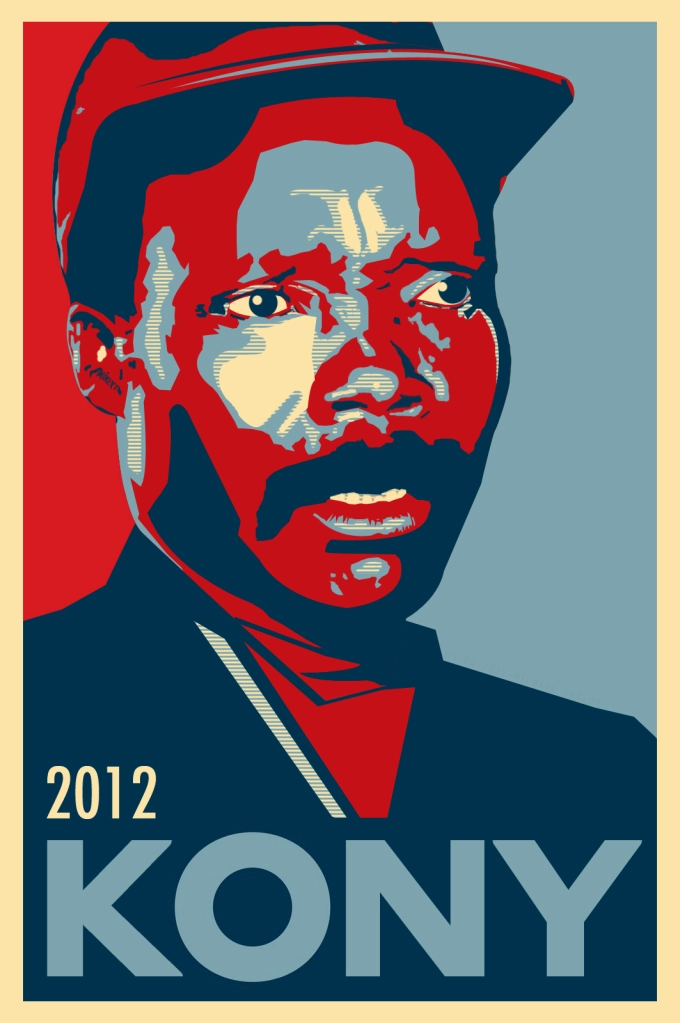
Remember Kony 2012?
It was the culmination of years of work by Invisible Children to bring awareness about child soldiers who were being kidnapped by a man named Joseph Kony in Uganda. Invisible Children had spent years putting on events with the aim of getting the youth of America and all over the world to engage with activism.
They had held a few events before, most notably the Rescue in 2011. A worldwide event where youth would camp out in parks in cities throughout the world, representing the youth that were being kidnapped from their homes to serve as soldiers for Joseph Kony. It was relatively successful and for many, including myself, showed me that there were great injustices occurring all over the world that we could use our voice to speak up for.
After the Rescue came Kony 2012.
Soon after that, Invisible Children ended.
One of the criticisms that Kony 2012 received was that it didn’t effectively or appropriately discuss the nuances of the geo political situation that led and resulted in people like Kony committing such horrible acts. But I never saw Invisible Children’s aim as being the final word on understanding the situation in Africa.
Rather, it was a place to start. Ideally for young people to eventually understand further what was happening and how they could help effectively.
There is another argument of course, that we can get swept up in the latest activism trends and hashtags so much that it provides us with some comfort that we actually care without doing any of the necessary hard work.
Just as the name Kony became less familiar as we heard less and less, I wonder if the same will happen or perhaps is currently happening with Civil rights in this country. On one hand, while tweeting about Kony 2012 or that Black Lives Matter is crucial in that every voice that brings attention is an important voice, on the other, it does little in bringing about change if it’s all we do.
Anyone also remember #BringBackOurGirls?
We must not fall into the trap of assuming Twitter is real life and remember most of the work that is being done on “hot” issues aren’t happening on Twitter. Many of the voices are happening in the real world and having an impact in the real life situations that the issues relate to. This is where can be most effective also.
There is also the snobbery and hipster response to many of these campaigns that can easily occur, when someone who has been speaking up on certain topics long before they grabbed the attention on Twitter, can understandably in many cases become irritated that only “now” are people paying attention because perhaps a celebrity tweeted a hashtag.
In this though, surely it is better late than never. Certainly, if it leads to actual change.
Discussing these issues solely online, also has the added effect of cementing our privilege, even when we’re speaking up against our own privilege. If we only rely on how we engage with injustice on Twitter, sooner or later a lot of these issue will stop trending.
When the protests first began, my Twitter timeline was almost uniquely tweets about the protests and injustice. It even seemed grotesque to tweet about anything other. Large corporations were even joining in and while this is great, my Twitter timeline has fallen back into some sort of equilibrium with fewer reports on the protests showing up.
That, or this is an obvious demonstration of my privilege and who the voices I have chosen to follow or not follow are.
If at this point, I can sense my losing interest, I am demonstrating very clearly my privilege.
What the current protests and the reaction to them online can certainly prove, is that many of us are fickle and want to give the impression of caring, without actually continuing the hard work long after trending has peaked.
It is also very possible to care about an issue but want to be seem to care more.
This is a trend that can be seen in many aspects of life, in which the focus on an event or particular issue can become more important than any legitimate change resulting from said event or issue.
Last week was Juneteenth, and while this should be a public holiday if it doesn’t come with the necessary reform that allows Black people to be free without a disproportional fear of being killed by police then for white people it will only serve as a way for us to feel like we are holding up Black lives as equal without ever doing anything.
You can also see this in how millions of people gather in churches all over the world on Easter to remember a supposedly life changing event thousands of years ago, yet live lives that regularly seem detached from and in contradiction to those events.
There is something beautiful in wanting to belong and standing in solidarity, but if that doesn’t continue long past the attractiveness of seeming to be involved, it’s almost better to stand opposed to such issues. At least then we know where some stand.
We must stop treating the protests as the answer but rather as the catalyst of doing the necessary inner and outer work of change.
Much of this may go unnoticed but if we honestly ask ourselves if we’re ok with this, then we know that we may just be doing something that can actually help.
There is much work to do and we as white people must continue to listen to Black voices as well as continue to support Black business, artists and activists.
To speak up and use our voice to convince those in power to help bring about the necessary reform needed for Black people and other minorities that are at a disadvantage.
Even if we don’t tweet about it.